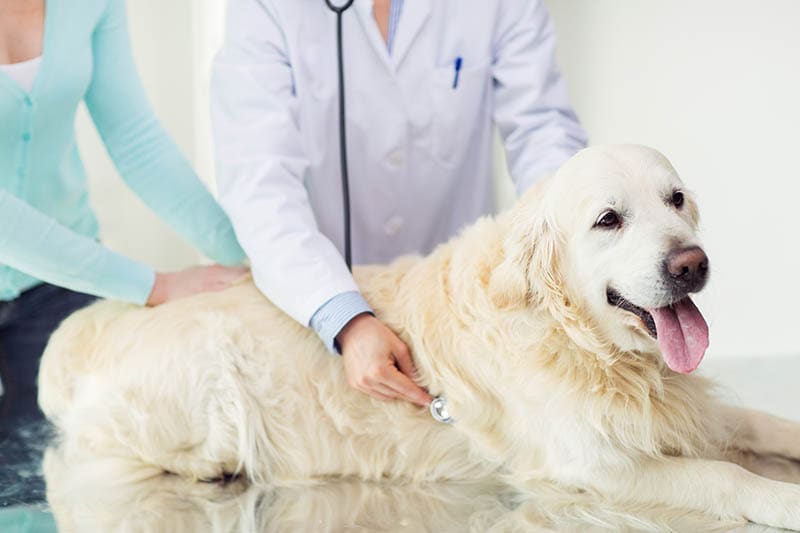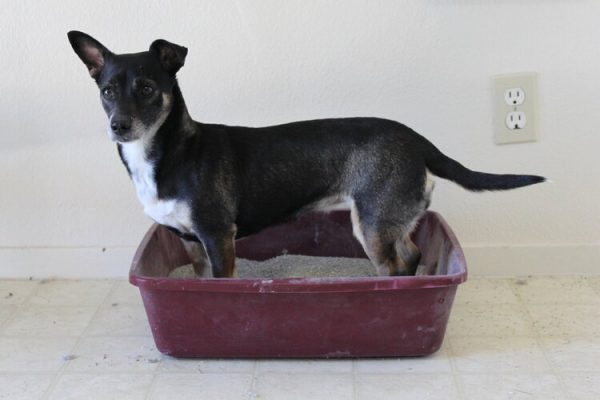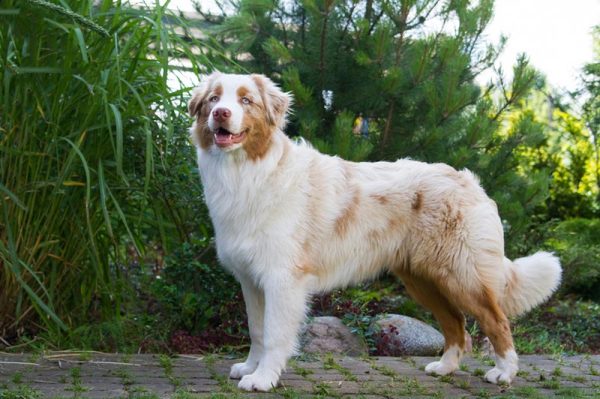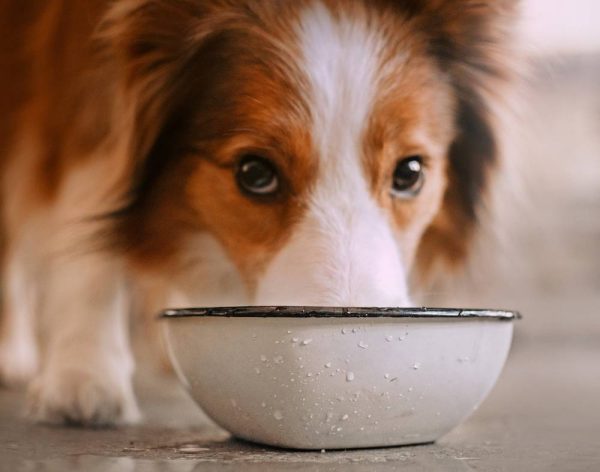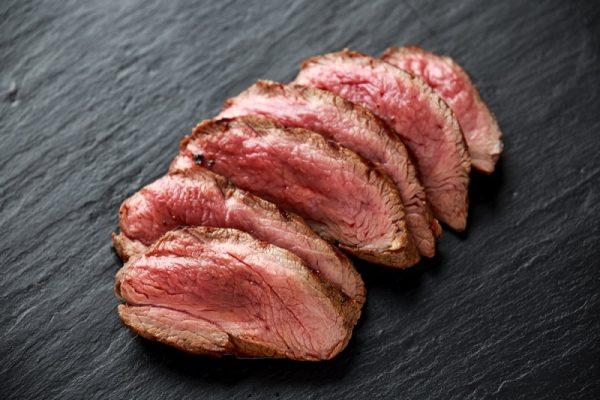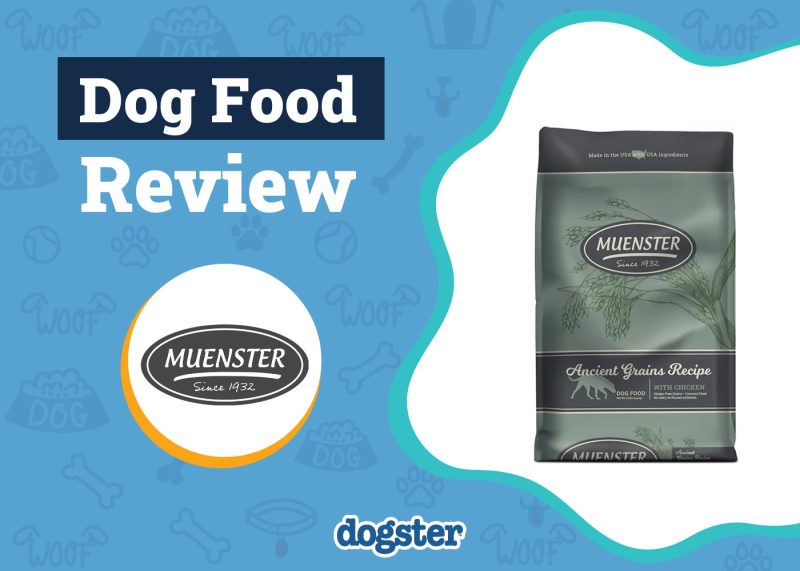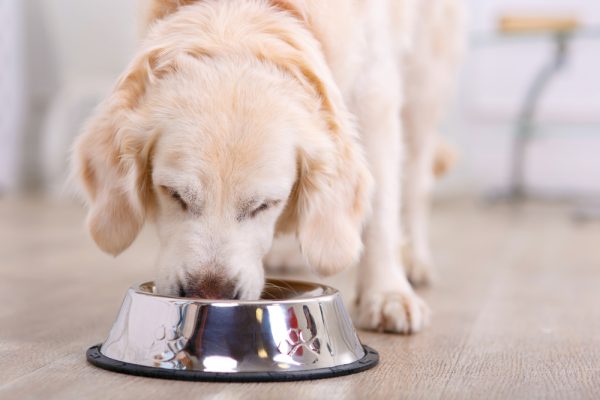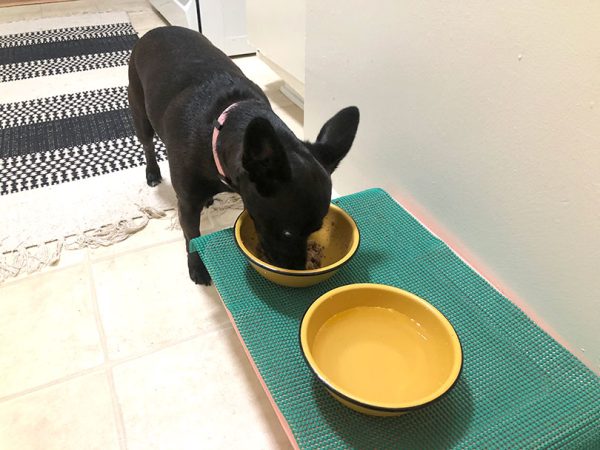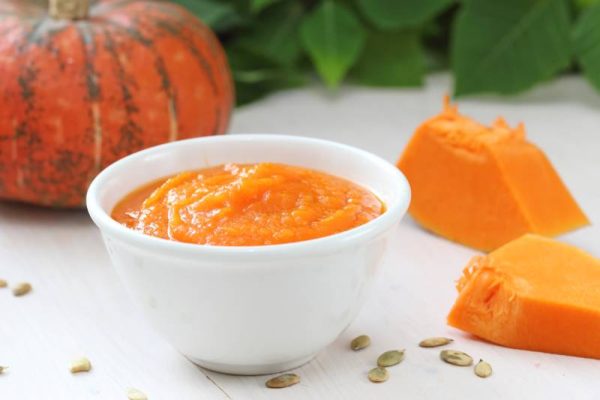Pulmonary hypertension is a disease process, not a specific disease. It is caused by a specific disease, such as heartworms, or anatomical or physiological defects. It is usually a secondary process to the primary cause of disease. Heartworm is a serious global problem that every dog owner should know.
Although not as common as systemic hypertension, pulmonary hypertension can still cause life-threatening problems. Read on to learn more.

What Is Pulmonary Hypertension?
Pulmonary hypertension is when there is an increase in blood pressure, specifically in the arteries that go from the heart to the lungs and back to the heart. This system of blood vessels in the lungs is called the pulmonary vasculature or the pulmonary arterial system.
When the blood pressure in the lungs is wrong, the body cannot get oxygen from the lungs to the rest of the body correctly. Multiple body systems are affected by the change in oxygen and the altered pressure of fluid in the lungs.
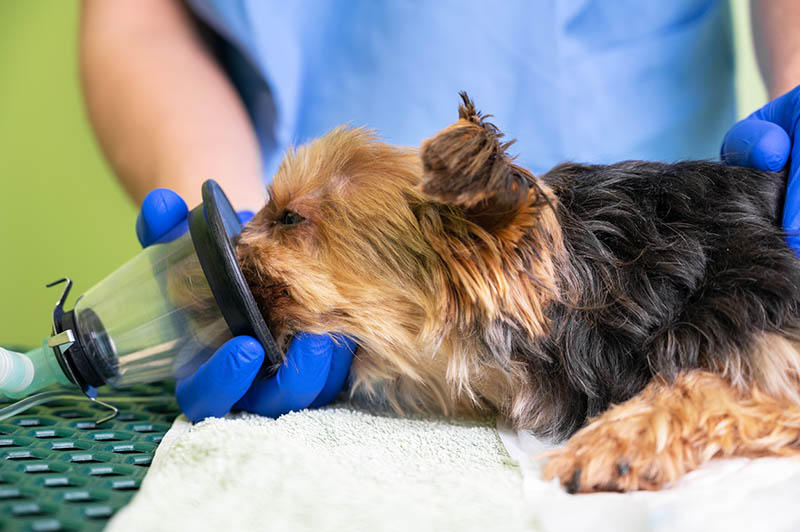
What Are the Signs of Pulmonary Hypertension?
The signs of pulmonary hypertension can be subtle, especially if the blood pressure is still mild. It is usually only in the later, more severe stages of the disease that clinical signs start to become apparent.
- A belly swollen with fluid
- Collapse or passing out
- Not being able to exercise
- Coughing
- Struggling to breath
What Are the Causes of Pulmonary Hypertension?
The causes of pulmonary hypertension either start in the heart or the pulmonary vasculature.
Heart Defects Causing Pulmonary Hypertension
A few types of heart defects can result in too much blood being pumped straight from the body and into the lungs—almost bypassing the different ‘waiting chambers’ of the heart. When a defect in the heart pumps too much blood too fast into the lungs the blood pressure in that space increases, resulting in pulmonary hypertension.
- Ventricular septal defect
- Patent ductus arteriosus
Pulmonary Vasculature Defects Causing Pulmonary Hypertension
If the pulmonary blood vessels are too small (for whatever reason), the regular amount of blood passing through them must be squeezed through a smaller space, resulting in increased pulmonary pressure. It is the difference between pumping water through a straw versus a hose. The same amount of fluid will behave differently for both.
- Arterial wall hypertrophy
- Thromboembolism
- Vasoconstriction
- Vascular inflammation
If you’re concerned about your pet’s well-being, we recommend consulting a veterinarian.
If you need to speak with a vet but can't get to one, head over to PangoVet. It's our online service where you can talk to a vet online and get the advice you need for your dog — all at an affordable price!

How Do I Care for a Dog With Pulmonary Hypertension?
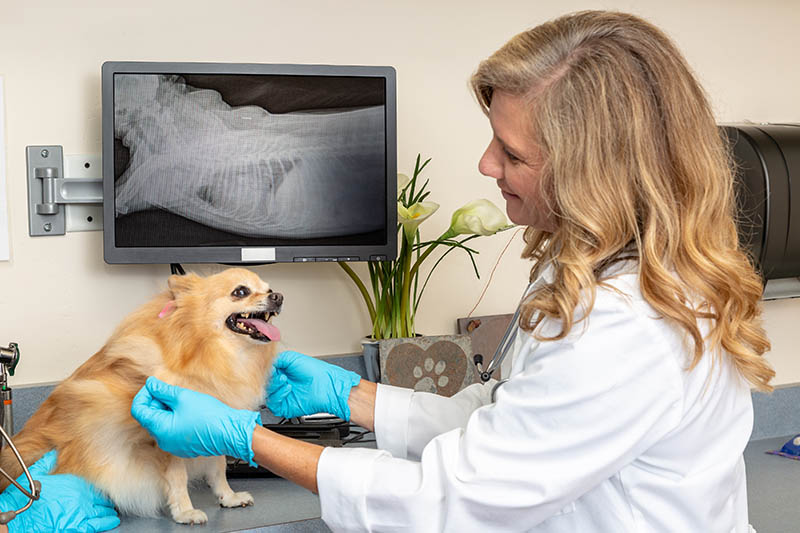
Treatment will depend on the cause of the pulmonary hypertension. Congenital heart defects and pulmonary vasculature changes will both need to be managed by a vet or maybe even a cardiologist.
A veterinarian will diagnose pulmonary hypertension starting with a physical exam. Because the pressure in the lungs is difficult to measure, it can be an involved diagnostic journey.
- Bloodwork
- Diagnostic imaging (chest X-rays or echocardiogram)
- Urinalysis
- Expert cardiologist advice
The most important thing you can do to care for your pet and prevent pulmonary hypertension is to know about heartworm and whether you need to prevent it.

Frequently Asked Questions
Why is pulmonary hypertension sometimes referred to as right-sided heart failure?
Pulmonary hypertension results in the right side of the heart failing. Systemic hypertension results in the left side of the heart failing.
Pulmonary hypertension and systemic hypertension can both cause heart failure, but the part of the heart that is affected is different. In pulmonary hypertension, the right side of the heart eventually fails and some of the clinical signs are slightly different as a result.
How does heartworm cause pulmonary hypertension?
Heartworm is one of the most common ways that pulmonary hypertension occurs. The internal parasites grow in the pulmonary arteries. They adhere to the walls and grow bigger and bigger in the small, confined space of the arteries of the lungs.
As the space decreases, the blood that the heart is pumping into the space gets pressurized. The pulmonary hypertension that results can be deadly.
Heartworm is a blood parasite that spreads and infects dogs through mosquito bites. It only takes one infected mosquito to infect a dog, so the worms grow and multiply in the blood and become more and more problematic.
Preventative treatments (usually pills or tablets given once a month) stop heartworms from growing in the blood of well-cared-for dogs.
If a dog is infected with heartworm, the preventative treatment does not cure the disease. Instead, the dog needs veterinary treatment, which is involved and inherently carries risk.


Final Thoughts
The most important thing to remember about pulmonary hypertension is that heartworm is a blood parasite (a blood worm) that infects and causes pulmonary hypertension. Prevent it with monthly tablets so your dog does not get this deadly disease.
When blood pressure increases in the lungs, it is difficult to diagnose and treat, yet that part of the circulatory system is integral to the body.
Featured Image Credit: Ground Picture, Shutterstock
